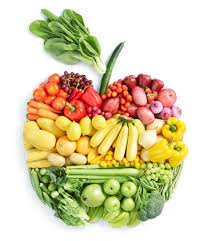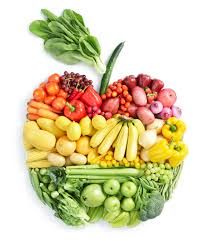
Last time I talked about discriminating between what is actually known about nutrition and what is simply believed. Understandably, different beliefs will come about because people will have different personal experiences with food because of their unique genetic and metabolic makeup. If one person knows from repeated experience that eating a carb-rich meal makes their brain sluggish and their digestion feel bloated and heavy, they are not going to listen to the claims of another person who insists that carb -rich meals fill you with energy and make your mood better. Different genes create different reactions to the same foods.

So the first step to designing the perfect diet is to accept that certain parameters for the diet have to be individualized for each person. There is no one diet that is right for everyone. The problem of course is when all your friends want to go out for pizza and beer and you know this just makes you want to throw up. What do you do? Sharing food is one of the most basic human forms of connection. The “breaking of bread” together is symbolic of belonging to a family or group. I know from experience that people get offended if you do not want to eat what they like and offer it to you. Food differences have formed the basis for wars throughout history. Think of the wars between the American cattlemen and the sheep herders. Or go way back to the battles between the goat raising tribes of Israel and the pig raising tribes of northern “barbarians”. Religious food laws are based on these group’s cohesive rules of behavior.
If you want health, you are going to have to find out what works for your body as a first priority. Fortunately times are more tolerant today than in the past, but even now you wont find meat eaters being invited to any Vegan potlucks.
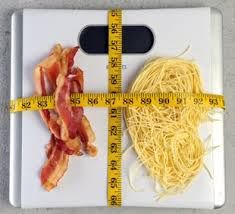
The biggest individual differences have to do with the ratios of carbs versus fats for energy and the types of protein needed for building the body. The amount of total protein needed is pretty standard for health and depends upon the amount and kind of exercise you engage in. The amount of the basic vitamins and minerals is also pretty standard for most people. Certain people have genetic variations that result in their bodies not being able to process certain nutrients. Therefore they need either much greater amounts of certain nutrients or they need to avoid certain nutrients. Most people have the same fiber and water needs, but not everyone can tolerate the same kind of fibers. Different fibers will affect each of us differently depending upon the specific gut bacteria we happen to be carrying around inside us.
What else do we need to take into account? Some of us have excellent livers that detoxify us really well every day, while others have crappy livers. People that have excellent livers will be able to tolerate much higher levels of poisons and chemicals in their food, compared to those people with poor functioning livers that make them very “sensitive” to certain foods.
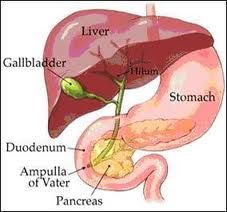
Digestive strength varies widely between people. What this refers to is how much digestive acid the stomach is able to produce and how much pancreatic enzyme production an individual has and how much bile flow from the liver there is. Acid production is essential for the digestion of proteins and minerals. If your production is low, you have to avoid large meals of protein and you have to eat proteins that are easier to digest. Enzyme production also breaks down proteins, but it also required for the digestion of carbohydrates. Your bile flow determines how well you will absorb fats.
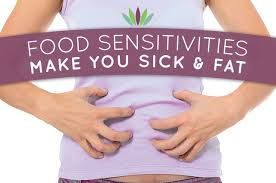
Everyone is familiar with food allergies that can kill you by causing shock. Obviously individual food allergies play heavily into designing the perfect diet. Subtler food sensitivities and genetic intolerances, like gluten and dairy sensitivity, must also be factored into crafting a healthy diet for each person.
By now you should be getting the picture that the perfect diet is going to be a very personal prescription. The perfect diet for you is different than the perfect diet for every other person you know. We are all different and we all need different perfect diets.
So how do we find the perfect diet for us?
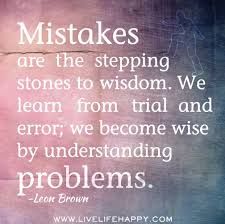
The answer is one nobody wants to hear – trial and error. We can get helpful insights through lab testing and genetic typing. These will tell us more about what foods to avoid or what nutrients need to be supplemented in special forms. But the bulk of our perfect diet has to come from eating and seeing how the food affects us.
So what should we be looking for?
Energy – is the food you are eating giving you the energy to do what you want?
Sleep – does the food promote restful sleep?
Digestion – does the food digest well without gas or bloating?
Bowel movements – does the food promote easy, daily bowel movements?
Weight – does the food keep you effortlessly at your ideal weight?
Brain clarity – is your head clear, memory good, and emotions stable?
Inflammation – does you body feel good, pain free, and mobile?
Tone – is your skin clear, your muscle tone good, and body balanced?
Reactions – does the food create symptomatic reactions?
Delight – does the food delight your senses and appeal to you?
The perfect diet needs to meet all these criteria. Additionally it needs to meet the baseline requirements for nutrients that were described in part one of this article. Does it provide enough protein, essential oils, energy, vital cofactors, fiber, and water?

The perfect diet is designed to support you, not tear you down. This means the food you eat and the liquids you drink need to be good for you – not poisonous. Unfortunately our modern food supply industry has trained us to want and crave poisons. Our brains have been conditioned to choose foods that lack vital nutrients in exchange for the drug effects of sugars and brain chemical stimulants that are added to our food supply. This has divorced us from our body’s natural health-seeking drives. We prefer ramen, fries, cookies, candy, soda, chips, and all the other toxic non-foods.
So, use the list above to see how the foods you eat stand up to making you healthy. For right now you will probably have to ignore the delight requirement as the natural delight has been buried under food drug cravings. Otherwise the rest of the list above can guide you to your perfect diet.
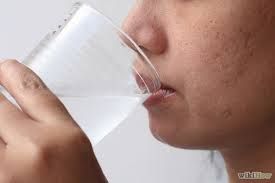
It is helpful to simplify your diet while you explore what actually works for you. The ideal approach, which I don’t expect any but the most desperate to try, is to do a several day water fast and then add 1 food back into your diet every three days to see how well your body does with each food. Each food that works well for you keep in your diet and those that don’t, eliminate. Slowly over a month or two you will find a list of foods you can trust to work for you.
I remember my old biochem teacher said that the best diet was probably a vegetarian diet with a little meat added. Today I would probably echo a similar thought with a slight change: Eat a vegetable diet with a little wild meat or fish added. This is what works best for me. But this may not work for anyone else. We all need certain basics and we all need to stay away from poisons, but beyond that, we each have our own individual perfect diet. Hopefully these guidelines will help you find your perfect diet.
Take care,
David
